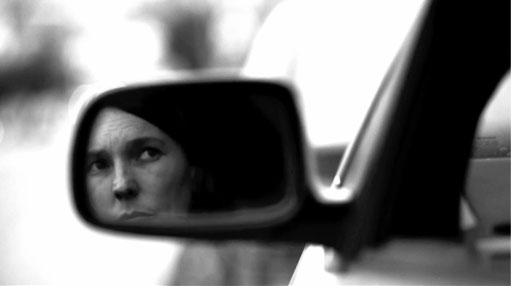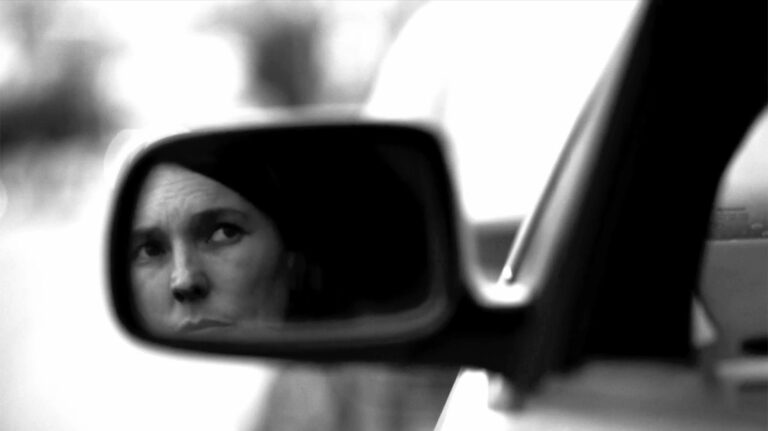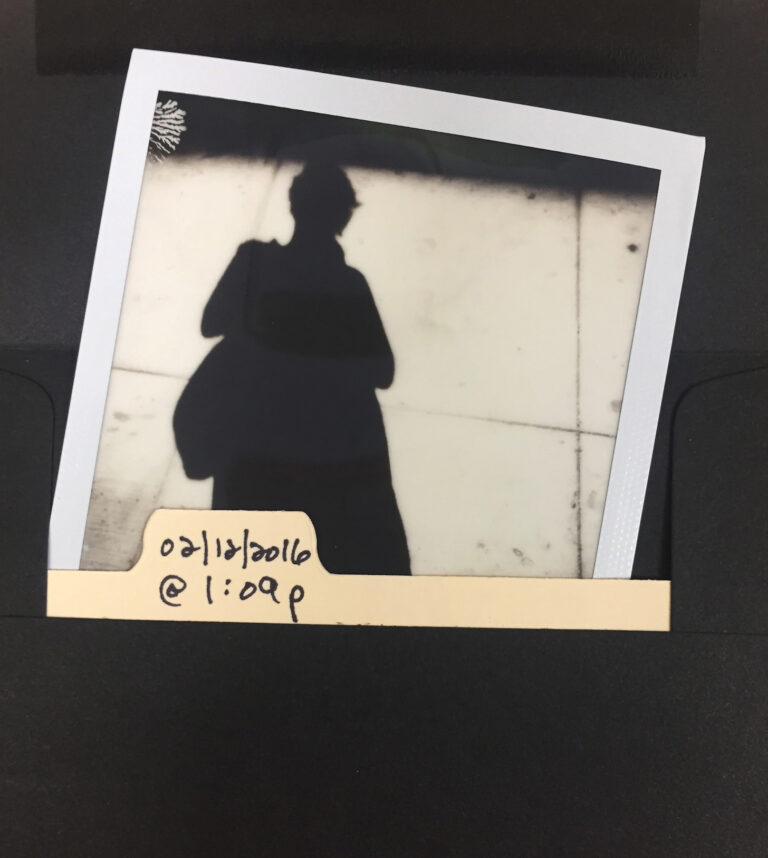Culture Shock: Mysteries Of Identity
Super Sleuthin' With The Diy Pi Jessamyn Lovell


"Surveillance (Mirror)" from Dear Erin Hart,

Mystery print from Lovell's Patreon
courtesy of Central Features Contemporary Art








